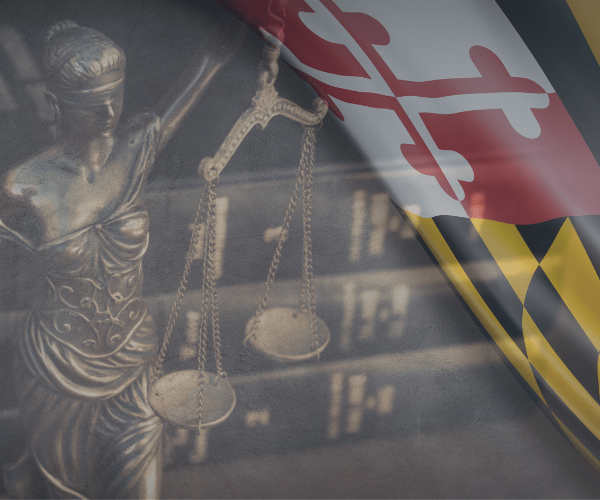Recently, the Federal Motor Carrier Safety Administration (FMCSA) watered down some key hours of service (HOS) safety rules. For example, if truckers are caught in traffic or bad weather, they may now stay behind the wheel longer in order to make up time. Fatigue is a serious problem among truckers. Driving after 18 consecutive awake hours, which includes driving time and break time, is like driving with a .05 BAC level. That is above the legal limit for commercial drivers in Maryland and most other states.
On a related note, to combat the effects of fatigue, about half of truckers admit they take amphetamines while driving. These drugs temporarily make people feel more alert. But these drugs do not address the underlying problem associated with fatigue, like poor judgment and slow reactions. Additionally, when amphetamines wear off, users crash fast and hard.
Truck drivers have a very high duty of care. If they drive while fatigued, breach that duty, and cause injury to another motorist on the road, a Baltimore tractor trailer accident attorney can obtain substantial compensation in court.
This compensation usually includes money for economic losses (such as medical bills) and noneconomic losses (such as pain and suffering). Additional punitive damages are available as well if the negligent truck driver and trucking company intentionally disregarded a known risk.
Electronic Logging Device
HOS rules have been around for ages. Until very recently, truckers would keep track of their hours in paper logbooks. Of course, these logs were easy to fake. Then, around 2010, the FMCSA floated the idea of an Electronic Logging Device (ELD) mandate.
These onboard computers automatically start and stop the HOS clock. Furthermore, the information in these gadgets is almost impossible to alter. For these reasons, trucking industry lawyers fought the ELD mandate all the way to the Supreme Court. But the mandate finally went into effect in 2017.
ELD information is also very accurate in court. If the gadget is working properly, a computer is never incorrect or biased. Furthermore, electronic evidence resonates well with tech-savvy jurors.
As mentioned, bureaucrats have changed HOS rules. So, extended HOS may be legal, but that does not mean it is safe. Truckers could violate the duty of care in civil court even if they did not break an HOS law and face prosecution in criminal court.
Expanded Trucking Technology
An event data recorder (EDR) is similar in many ways to the ELD. But instead of tracking hours of service, the onboard EDR measures and records operational data, such as:
- Vehicle speed
- Steering angle
- Brake application
- Engine RPM
An experienced personal injury lawyer, often in partnership with an accident reconstruction expert, puts these bits of evidence together like pieces of a jigsaw puzzle and clearly establishes that the trucker was negligent. Erratic driving before a wreck, especially at certain times of day or night, is almost proof positive of fatigue.
The time is important because most people are naturally drowsy at certain times of day or night, no matter how much sleep they had the night before. That is especially true if the negligent trucker slept in a strange motel bed or a sleeper berth instead of their own home bed.
Attorneys must act quickly to preserve electronic evidence. If the insurance company were to destroy a wrecked vehicle, which they often do, any physical evidence the vehicle contained would be gone along with it.
Typically, lawyers send equipment preservation letters to insurance companies so that, by law, no relevant evidence can be destroyed. A victim of an accident or their family is not going to have the resources alone to properly craft a preservation letter and send copies to the appropriate parties.
Proof is absolutely critical in negligence cases.
Experienced Truck Accident Victim Attorneys in Baltimore, Maryland
Injury victims are entitled to significant compensation. For a free consultation with an experienced truck accident lawyer in Baltimore, contact The Yost Legal Group (1-800-YOST-LAW). Virtual, home, and after-hours visits are available.









